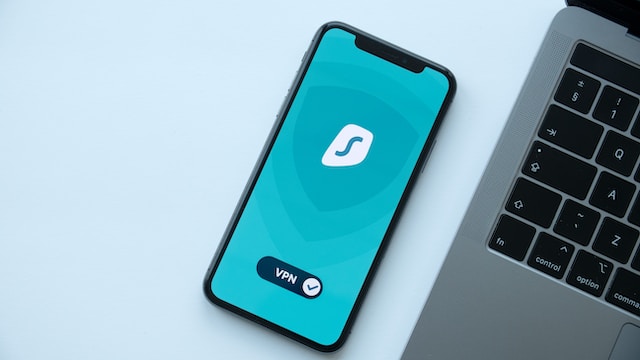In our increasingly interconnected world, the importance of data privacy and cybersecurity cannot be overstated. As we share more and more of our lives online, from personal messages and financial transactions to healthcare records and shopping habits, protecting our data is paramount. This blog post explores the multifaceted realm of data privacy in the digital age, shedding light on its significance and providing insights on how to safeguard your digital footprint.
What is Data Privacy?
Data privacy, also known as information privacy or data protection, refers to the practice of safeguarding individuals’ personal information and sensitive data from unauthorized access, disclosure, alteration, or destruction. It involves controlling how data is collected, used, shared, and stored by organizations, businesses, or government entities.
Key Aspects of Data Privacy include:
Personal Information Protection
Data privacy ensures that individuals have control over their personal information, such as names, addresses, social security numbers, and medical records. It aims to prevent this information from being misused or accessed without consent.
Consent and Transparency
Organizations should inform individuals about the type of data collected and the purpose of collection. Data subjects must give informed consent before their data is processed.
Data Security
Data privacy involves implementing measures to protect data from breaches or unauthorized access.

Data Minimization
Organizations should only collect and store data that is necessary for a specific purpose. Unnecessary data should be avoided to reduce the risk of misuse.
Data Retention and Deletion
Individuals have the right to request the deletion of their data when it is no longer needed for its intended purpose. Organizations must comply with these requests.
The Significance of Data Privacy
Data privacy isn’t an abstract concept but a vital shield that guards our digital existence. It’s the front line of defense against a slew of potential threats, ranging from identity theft and financial fraud to personal safety breaches. In essence, data privacy is the digital equivalent of safeguarding your home against intruders.
Protecting What’s Yours
Imagine your digital life as a vault, storing your most sensitive and personal information. This vault holds your identity, your financial well-being, and your personal safety. Ensuring that only authorized individuals have access to this vault is a moral and ethical obligation that individuals and organizations alike should uphold.
Data Privacy: The Challenges and Solutions
The Challenges
The digital age presents unique challenges to data privacy. Cybercriminals employ sophisticated tactics to steal information, and tech companies collect vast amounts of data for various purposes. The potential for data breaches and privacy violations is ever-present.
The Legal Framework
To address these challenges, governments around the world have enacted data protection laws, such as the General Data Protection Regulation (GDPR) in Europe. These regulations empower individuals with more control over their data and hold organizations accountable for data security.
Final Thoughts
Data privacy is a fundamental right for individuals, and its importance has grown significantly in the digital age with the proliferation of online services, social media, e-commerce, and the collection of vast amounts of personal data. To protect individuals’ privacy, various countries and regions have enacted data protection laws and regulations, such as the European Union’s General Data Protection Regulation (GDPR) and the California Consumer Privacy Act (CCPA) in the United States. These laws provide a framework for how organizations should handle personal data and ensure the rights and privacy of data subjects.

